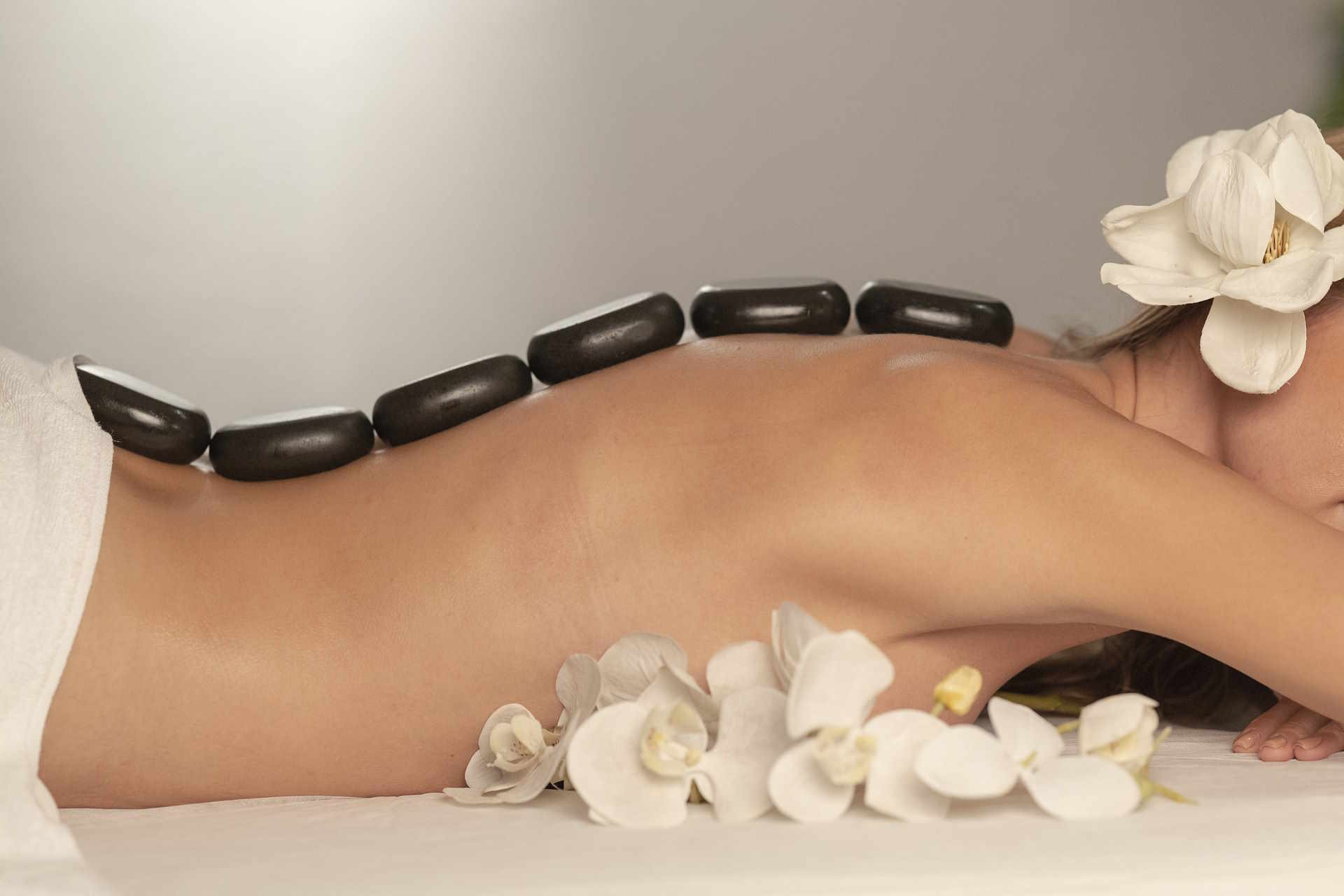Unveiling the Incredible Intelligence of Cephalopods: A Dive into the World of Octopuses, Squids, and Cuttlefish
From the tropical waters of the Pacific to the icy depths of the Antarctic, one group of marine creatures continues to mesmerize scientists and marine enthusiasts alike. Meet the cephalopods: octopuses, squids, and cuttlefish. These intelligent, adaptable beings have evolved over millions of years, displaying a range of intriguing behaviors that suggest a level of cognition comparable to that of mammals.

A Journey Through Time: The Evolution of Cephalopods
Cephalopods, a class of mollusks, first appeared in the late Cambrian period, nearly 500 million years ago. As they evolved, they traded their external shells for a more flexible existence, giving rise to a variety of fascinating species. From the giant squid, measuring up to 43 feet, to the tiny bobtail squid, cephalopods exhibit a stunning diversity of sizes and forms.
Spotlight on Intelligence: Cephalopods’ Cognitive Abilities
Cephalopods are often referred to as the “Einsteins of the ocean” due to their impressive cognitive abilities. Octopuses, for instance, have been observed using tools—a trait once considered exclusively human. Additionally, studies have shown that cuttlefish can remember specific events, implying a form of episodic memory.
The Colorful World of Cephalopods: Masters of Camouflage
Cephalopods are renowned for their ability to change color and texture. This impressive skill, driven by a network of pigment-filled cells known as chromatophores, allows them to blend into their surroundings, communicate, and even hypnotize prey. Recent research suggests that despite being colorblind, cephalopods can discern color through their skin.
The Role of Cephalopods in the Ecosystem and Their Conservation Status
Cephalopods play a vital role in marine ecosystems, serving as both predators and prey. However, they face threats from climate change, ocean acidification, and overfishing. While some species are seeing population growth due to their adaptability and rapid reproduction, others are declining. Conservation efforts are crucial to maintain biodiversity and balance in our oceans.
Cephalopods: In the Spotlight of Scientific Research
The unique qualities of cephalopods make them attractive subjects for scientific research. Their regenerative abilities have potential implications for human medicine, while their sophisticated camouflage mechanisms could inspire new technologies. As we continue to explore and understand these remarkable creatures, we not only gain insight into their world but also our own.
In conclusion, cephalopods—masters of adaptability and survival—continue to captivate us with their intelligence and versatility. As we delve deeper into their world, we learn more about our own, underscoring the interconnectedness of all life on Earth.




